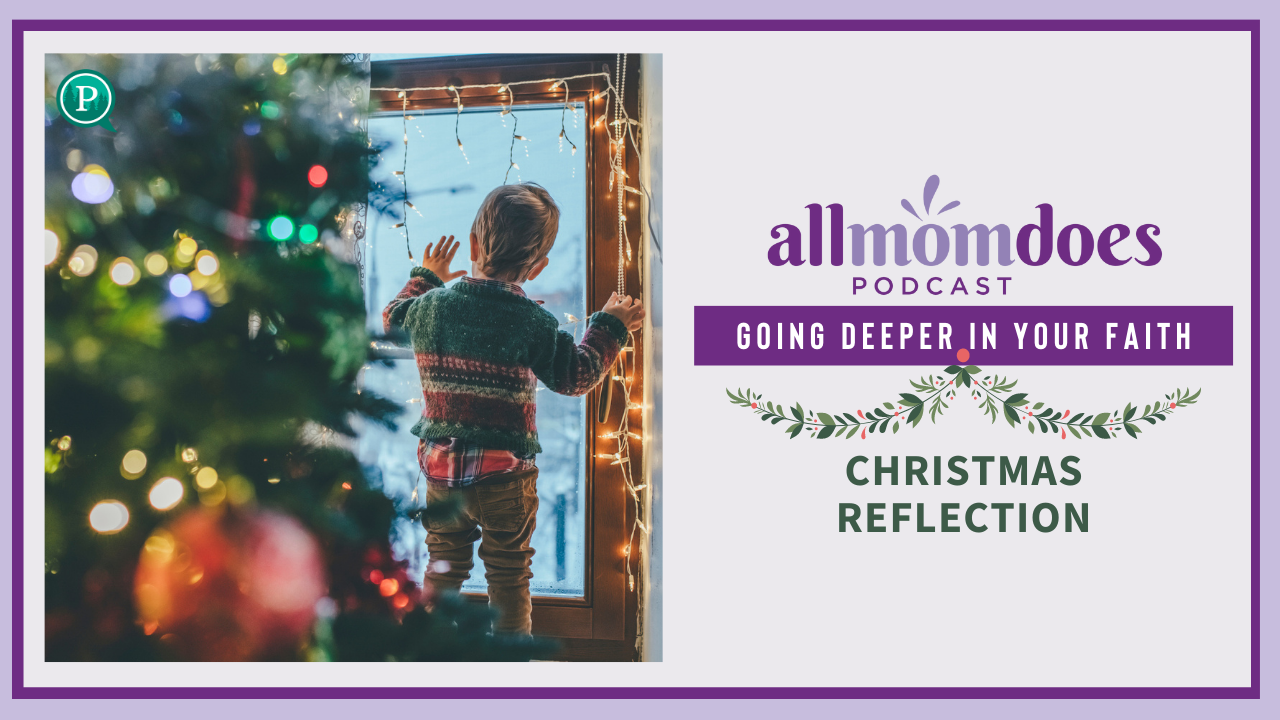Our middle kid is nearly a swimmer.
If you ask him, he’s good to go—of course he can make it across the pool.
What is quickly revealed when watching him swim is that he cannot in fact make it all the across the pool. He’s solid at the jumping off and swimming two strokes back to the wall. Nails it. But jumping in and getting to the other side? Not so much. To make this happen means Dad has to wait for him in the middle, prop his sagging tummy back to the surface, and remind him to keep using arms and legs.
He is so, so close. But even when, someday (hopefully soon) he can swim independently, he will still have to remember to come up for air. Our bodies won’t let us forget; we are forced to the surface whether we like it or not.
Much like this confident kid of mine, I’m prone to thinking I’m good on my own, without need of support or assistance. This independent spirit leads to a path of self-reliance, and in turn, toward wrong belief that I’m self-sufficient. I like to pretend as if what content I consume doesn’t impact the condition of my heart, and therefore, how I live.
But this is dangerous thinking. As the poet Mary Oliver writes,
Attention is the beginning of devotion.
What we consume is either drawing us closer to Christ or further away from Him; there is no neutral.
In the early days of the pandemic (remember 2020? It’s all kind of a blur…), life felt chaotic and tumultuous. Everything slammed to a halt, while our news feeds and content consumption ramped up with ever-changing dialogue. My heart and mind couldn’t keep up. In hopes of maintaining sanity and in a meager attempt to entertain, engage, and maybe even educate these kids who’d been sent home from school, I stopped reading the news all together. A quick morning devotion wasn’t cutting it—I needed refreshers, hope and truth poured into me throughout the day. My need for Christ was evident as uncertainty raged around us.
But as things have returned to a new normal and seem mostly fine, I find myself drifting a little more aimlessly in my pursuit of God. It seems that Charles Spurgeon was right when he wrote, “I have learned to kiss the waves that throw me up against the Rock of Ages.” Without the waves, I quickly turn back to self-sufficiency, laziness, and pride, thinking I too can swim, when really, all I’m doing is not drowning.
These attitudes are often tied to my entertainment consumption. Anxiety and fear have been quieted for the moment, and so I think what I read and watch and listen to doesn’t matter as much. That the impact of my entertainment is minimal. That I can listen to (go ahead and judge me) Taylor Swift albums and I can watch Jimmy Fallon and old Seinfeld reruns and I will be just fine.
The content available to us is endless.
My hours are not.
I have an hour or so a day when I can read/watch/listen for my own pleasure, and while I’d like to believe that these are harmless vices—or important cultural pillars—the reality is that no input is without influence.
If Jesus is to be the dominant affection in my life, then I must spend time with him. “Worship and joy start with the capacity to turn our minds’ attention toward the God who is always with us in the now”, Pastor John Mark Comer writes. And while my mouth might tell you that of course, Jesus is Lord, my screen time tells a different story. Our minds are renewed and transformed when we spend time in scripture, not when catching up on Late Night episodes. Because my hours are limited, when I choose mindless leisure over truth, it can quickly become my only input. Pithy, sarcastic, worldly voices fill my ears and subtly shape my world view, and as Jesus reminds us, “Out of the overflow of the heart the mouth speaks” (Luke 6:45).
If my goal is to be sarcastic and slicing and up-to-date on all things pop culture, then this is indeed where I should be spending my time. But if my goal is to know God and glorify him, then I must make choices that reflect such.
It’s easy to believe we don’t have a choice. I only have time for one show, or one podcast and I want it to be fun. But practice makes permanent. Every time I choose entertainment over anything else, it becomes that much easier to choose it again next time. Little by little, reading my Bible becomes burdensome and tedious—what else would an ancient text become when all I’ve been doing is skimming across YouTube?
The good news is this: Our brains and our habits are not set in stone. They are malleable and retrainable. So this drifting away from God that happens, which is really me just making choices to spend my time elsewhere, doesn’t have to last or linger. He is faithful to meet us each and every time we turn back to him. Each time we repent and remember, oh! I need air! He is quick to draw near and grab us out of the waters that threaten to overtake us.
Proverbs 4:23 instructs us to guard our hearts above all else, for they are the well springs of life. What we watch, what we read, what we listen to matters. We are being formed and shaped by what we allow in, by what we tolerate. Learning to trust and follow Jesus, being made new into his likeness, this happens little by little. Each time we choose to set aside the desires of our flesh, we choose Jesus over our own self-sufficiency, we live out a tiny bit more what we say we believe:
Jesus is better.
 About Anna: Anna Sutherland lives in the Pacific Northwest, where she is stay-at-home mom to Owen, Henry, and Hadley. She and her husband Nathan run the non-profit Flint & Iron, through which they develop resources to equip families to love God and use tech. Check out the Gospel Tech podcast and the Gospel Tech Online Workshop for more resources!
About Anna: Anna Sutherland lives in the Pacific Northwest, where she is stay-at-home mom to Owen, Henry, and Hadley. She and her husband Nathan run the non-profit Flint & Iron, through which they develop resources to equip families to love God and use tech. Check out the Gospel Tech podcast and the Gospel Tech Online Workshop for more resources!

















